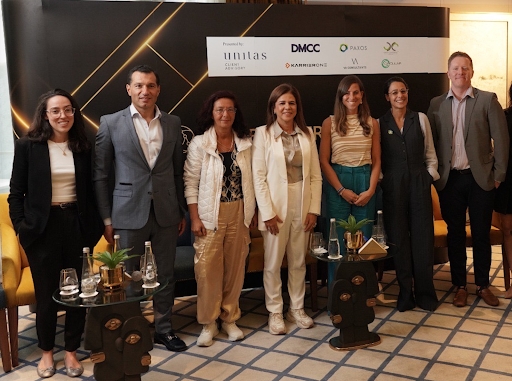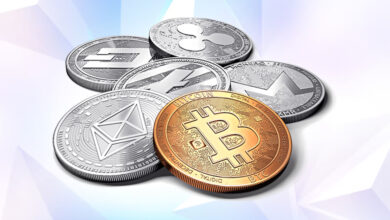
On October 16, 2024, the Global Stratalogues convened at the Capital Club in Dubai, gathering industry leaders to discuss the transformative potential of tokenization. Experts from the UAE, Brazil, and Europe explored the impacts of digital assets, regulatory frameworks, and the future of blockchain in reshaping financial systems. The discussions highlighted how tokenization and blockchain-based assets could broaden access to financial markets globally, presenting both opportunities and challenges.
Regulatory Frameworks: Support or Constraint?
A key theme at the event was the balance between fostering innovation and ensuring consumer protection. An expert from Abu Dhabi Global Market (ADGM) highlighted the importance of regulation that supports trust and real-world applications, particularly within the UAE’s prominent role in global finance. However, they acknowledged that regulators face challenges in keeping up with rapid advancements, emphasizing that regulation must evolve to protect consumers without stifling innovation.
- UAE’s Regulatory Stance: The UAE’s proactive approach to regulation has positioned it as a leader in digital finance. Panelists discussed the region’s regulatory progress and how it could serve as a model for other nations navigating the complexities of digital assets.
Real-World Applications: Tokenization Across Borders
Industry representatives shared practical examples of tokenization’s growing impact. In Brazil, tokenization supports social innovation by enabling zero-fee payment processing for government benefits, helping underserved communities. Bitpanda introduced Steelcoin, a security token for fractional ownership in steel assets, bringing liquidity to traditional industries and broadening investment opportunities.
- Beyond Finance: Tokenization is expanding into other sectors, such as sports and entertainment. Panelists noted how player contracts and TV rights are being tokenized, creating new ways for fans and investors to engage with their favorite teams or shows.

Gabrielle Inzirillo – ADGM; Walid Benothman – Bitpanda; Nena Dokuzov – Government of Slovenia; Dr Claudia Jacy Barenco Abbas, Universidade de Brasília;
Nicole Sandler, Digital, Technology & Cyber Product and Services Board,
Charlotte Nedir – Paxos International; John Lillywhite – VA Consultants
Regional Perspectives: Diverging Approaches to Digital Assets
Panelists explored how regulatory and technological approaches differ by region. In Europe, the Markets in Crypto-Assets (MiCA) regulation sets a comprehensive framework, providing clarity for security and utility tokens. These standardized classifications could accelerate innovation while maintaining consumer protections.
- The Role of Central Banks: Central Bank Digital Currencies (CBDCs) are also advancing, enabling peer-to-peer transactions and enhancing global trade. Issuing stablecoins under regulatory oversight can foster secure payments and trade finance, building a stable foundation for tokenized assets in the financial sector.
A Vision for a Global Tokenized Future
The panelists concluded that while tokenization remains in its early stages, its potential to democratize finance and foster inclusive economies is undeniable. However, realizing this potential requires a collaborative effort among regulators, innovators, and policymakers. Building scalable, secure frameworks is essential to ensure tokenization’s benefits reach all market participants.
- Balancing Growth and Protection: Tokenization’s promise depends on a balanced approach, where technological growth aligns with consumer safeguards. Panelists stressed that sustainable tokenized economies need robust regulatory structures to provide fairness and security in this evolving landscape.





